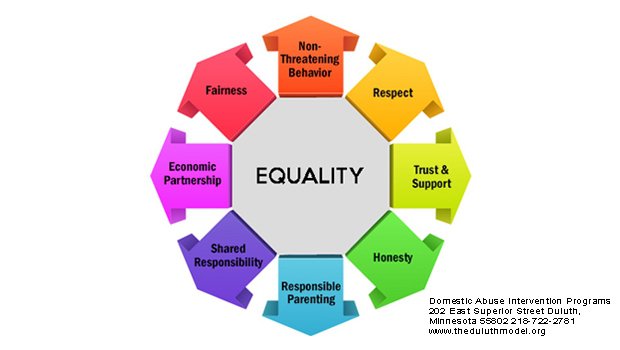
We all know the key elements of a good relationship: respect, honesty, and good communication. Most people think those elements are in place when they enter their relationships or get married. Yet we also know that a person demonstrating respect, honesty and good communication skills in their working life, for example, does not necessarily predict how that same person will behave in an intimate relationship.
So this discussion will challenge us to consider observable inter-relational predictors, not just individual traits, when thinking about healthy long term relationships and to be able to identify red flags that may be causes for concern.
A relationship is not necessary to create fulfilled and purposeful lives, however, I think some aspects of the following discussion on healthy relationships can be equally applied to our friendships and even to our own behaviour.
The following are a few key ingredients or potential predictors of long-term healthy relationships.
Taking emotional and behavioural responsibility demonstrates maturity and is required to build healthy friendships or relationships. Taking responsibility for one’s own feelings, actions, needs and happiness. If your partner/friend is dependant on you to ‘fix’ any part of their world or blames you for the way they are feeling or behaving – this is a red flag. Similarly, we cannot go into a relationship hoping that this person will be the ‘solution’ to our problems.
Willing to support each other’s goals and achievements. In healthy relationships no one is threatened or jealous of each other’s talents, skills, intelligence or achievements. There should be mutual encouragement and support for each other’s endeavours and mutual celebration for each other’s successes.
Learning from and respecting differences. Differences and even conflict are accepted as an inevitable part of social interactions and are not to be feared but are viewed as opportunities to learn and grow together. Being able to listen attentively and to respect each other’s point of view and not always having to be right or win an argument is key. The focus should be on respecting differences in opinions and beliefs not controlling them.
Feelings are seen as acceptable and can be shared openly, honestly and respectfully. There are not good and bad feelings but only better and worse ways of expressing them. For example, anger is an acceptable feeling but it is not acceptable when it is expressed in a threatening, injurious or harmful manner or when it becomes the predominant feeling expressed.
Are there any deal breakers?
Know your worth – review your expectations, values and boundaries. Being able to clearly articulate what you feel is acceptable and unacceptable behaviour and attitudes towards money, time, family, core values etc and understanding what your partner’s are is vital. Do they align? Decide what you will accept and will not accept before entering a relationship and then don’t compromise on these key issues. Compromise is for issues that are not central.
Don’t dismiss any early concerns you have – discuss them. Don’t project your values onto your partner. That is, don’t assume your partner thinks like you just because they are Christians. Many perpetrators of domestic abuse, for example, are Christians, it doesn’t mean that you will hold the same values in regards to respect, consideration, kindness, shared responsibility, emotional maturity and equality.
Be prepared to leave the relationship respectfully if things are not right.
For more information about domestic abuse survivor support – click here
If you would like to invest and support Restored on a regular basis please give here.
Thank you
* graphic taken from swarthmore.edu and edited by Restored
